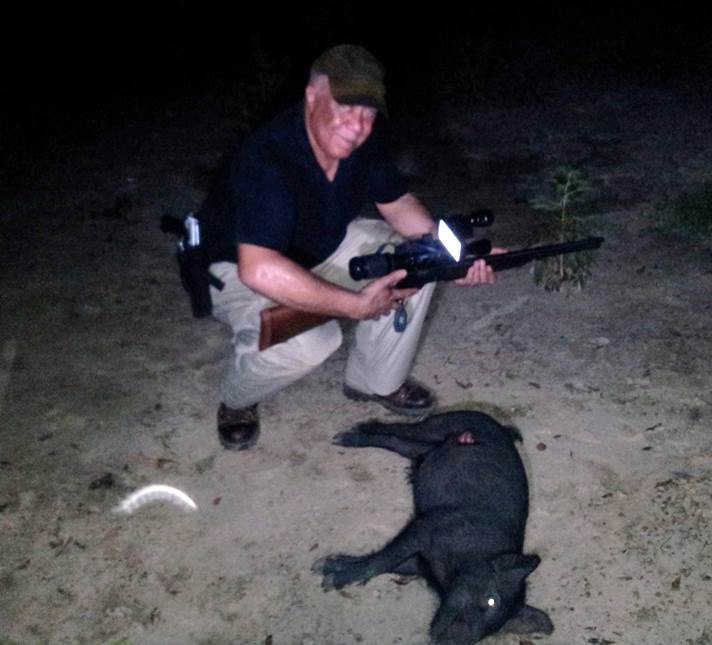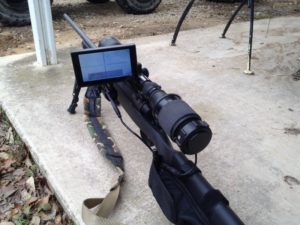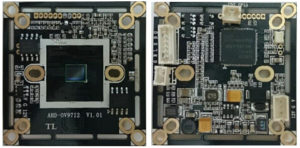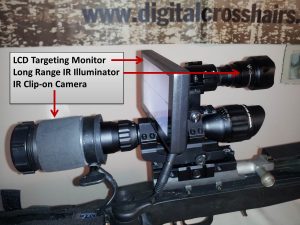
Night Vision Hog Hunting and Small Town Economies
Hunting season has always brought the weekend hunter’s dollars into rural areas for a welcome influx of revenue. Everyone is happy in the fall to see the camo wearing hunter who spend hundreds if not thousands with hunting guides, hotels, restaurants, meat processors, ice, taxidermy, gas, and even at convenience stores on beer and potato chips. Yes, hunting season is an important seasonal revenue generator for rural communities.
Historically it was primarily deer, turkey, and small game seasons but now the wild hog population is turning hunting into a year round revenue opportunity in many areas. In states like Georgia, Florida, and Texas where wild hogs are a serious problem, hog hunting season is a year round, day and night opportunity for everyone in the industry.
In the small South Georgia town of Alapaha, Owen Farm Hunting Preserve was just doing day hunts during traditional hunting seasons with a little hog hunting after deer season ended. Hogs are mostly nocturnal so this was pretty limited to early evenings and morning hunts. This fall they purchased two low cost night vision clip-ons called Digital Crosshairs 1000, which for $600 each allowed them to have two hunters in the field at night hunting hogs at premium price. This was revenue on the table just waiting to be claimed. Now they have wild hog night vision hunts booked for months in advance. Not only does this bring in revenue for Owen Farm Hunting Preserve, but the meat processor, a local farm house that is rented to hunters for boarding, and the local stores are all gaining. Most of the extra dollars they make are being circulated several times in the local community before leaving adding to the health of the town.
The wild hog problem combined with lower cost night vision equipment has opened doors for rural areas to capitalize. The new affordable night vision hunting equipment enables outfitters on a low budget to now enter the game without risking thousands of dollar on expensive night vision gear. Before it cost $3000 to $4000+ for good night vision gear and if it had to go in for repair the outfitter had to bear the lost revenue from canceled hunts. Now with products like Digital Crosshairs 1000, low budget outfitters can compete with the big guys. Only in America!
For the rural community it is not just the outfitter that benefits. Every hog that is killed for meat has to be butchered and processed. Rural area meat processors are also making year round income whereas before the popularity of hog hunting, most of their revenue came from a very short deer and turkey season. It may seem small but meat has to be packed in ice and trucks run on gas, sales of which are another hog hunting related influx of revenue to small towns. It all adds up.
Many of the dollars earned in rural areas are spent several times in rural areas before they leave. The outfitter who earns dollars from hunters is spending it on gas, housing, food, entertainment, church donations, child care, car repairs, and other things at businesses in their communities.
Yes, wild hogs are a true problem for the ecology and farmers. Truth be told, they also are an income opportunity for many workers in rural areas where there are not many other income opportunities.
By Henry Johns
Night Vision Marketing Division
Digital FOV, LLC
Phone 404-590-6513
Web: www.digitalcrosshairs.net
Facebook: www.facebook.com/digitalcrosshairs




